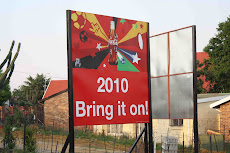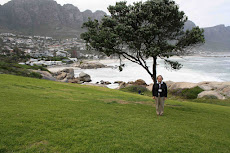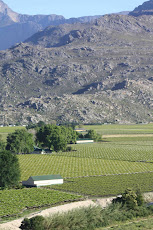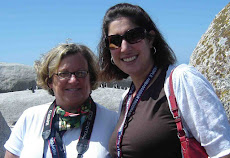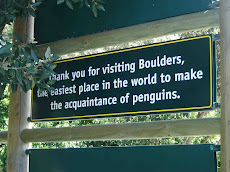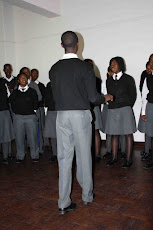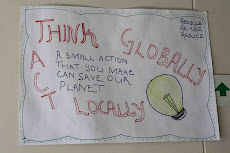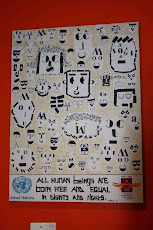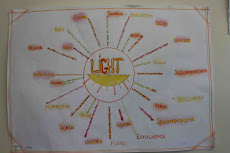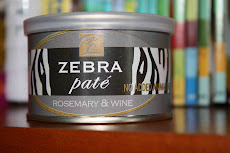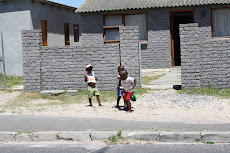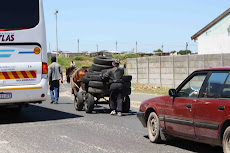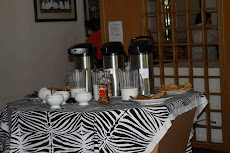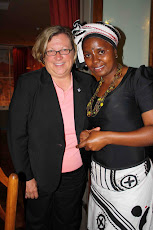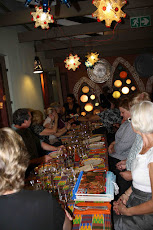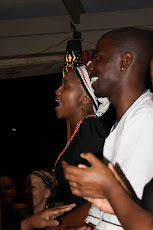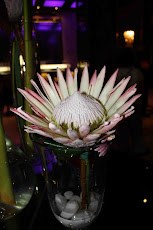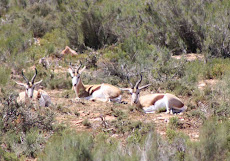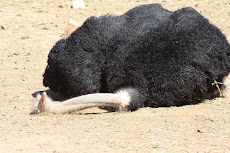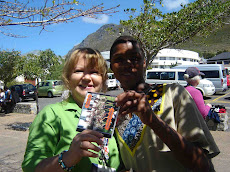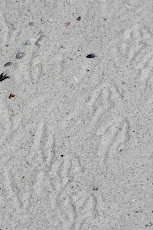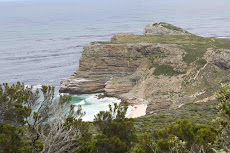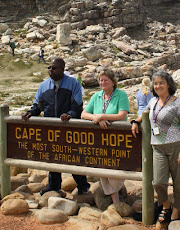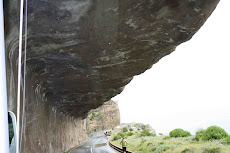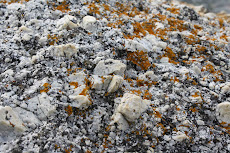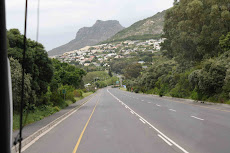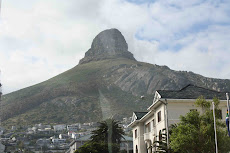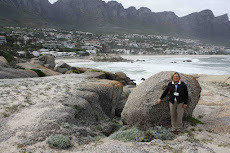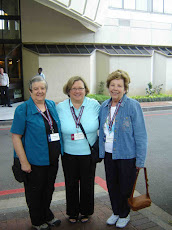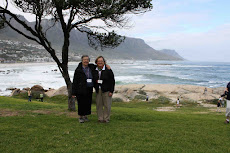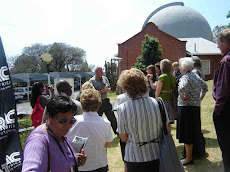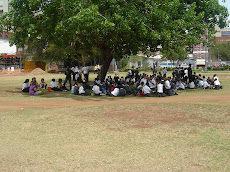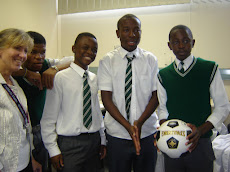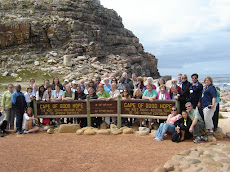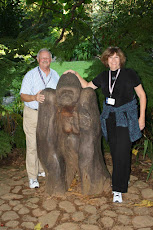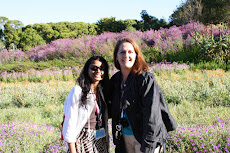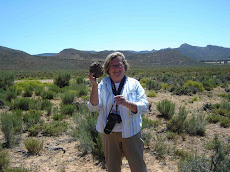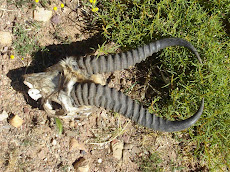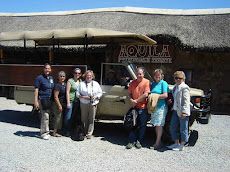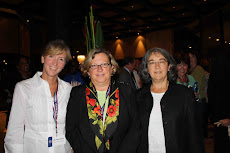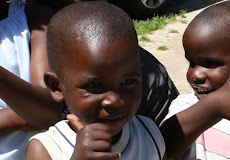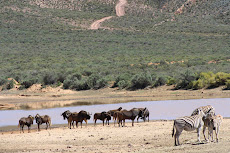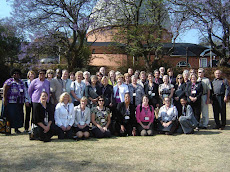

Thank you to everyone for such a memorable trip. Not only did we learn much about African science education, the natural wonders of South Africa and its culture, we also learned a lot about and from each other. I think we can all agree that this People to People trip was an incredible learning adventure. Now we can all fully understand why it is called a Citizen's Ambassador Program- you all brought such good will from America and your states with you. Thank you all for your generosity in providing gifts to the schools and programs in South Africa. Thank you for being such willing and eager learners. Thank you for each and every special touch you brought to the trip. And thank you for being on time (well, almost!) every morning and afternoon when we felt like it was rush hour! I hope you had a safe journey home and time to reflect on this experience. I will leave you with this quote (sorry, I don't know who to attribute it to): "The only dark thing about the African Continent is our ignorance of it". I think this trip surely raised our understanding of South Africa and its struggles pre and post Apartheid as well as gain a deeper appreciation for this Continent, the cradle of human civilization- now it is our job to help others gain new understandings.
May our paths cross again,
Page Keeley, Science Education Delegation Leader
2008-09 President of the National Science Teachers Association
Senior Science Program Director, Maine Mathematics and Science Alliance
pkeeley@mmsa.org


























































